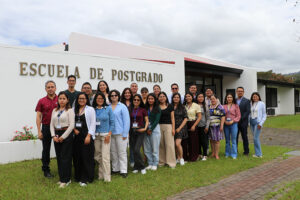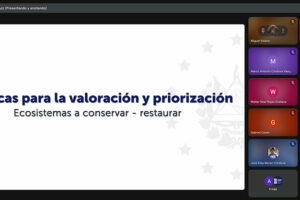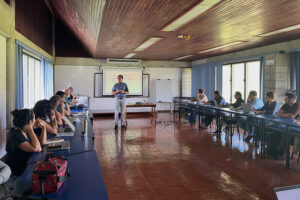Strengthening through exchange: Cuban producers share good practices in local value chains
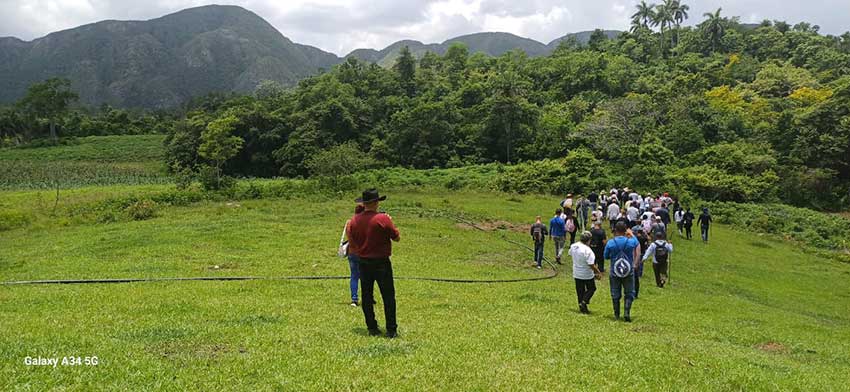
- The breeding of the bellotero creole pig and creole goat brings together actors from four Cuban municipalities in technical visits and exchanges to promote sustainable and climate-resilient production.
With the aim of strengthening capacities, sharing traditional knowledge, and promoting sustainable practices in the value chains of the bellotero creole pig and the creole goat, a series of training exchanges were carried out in July among four municipalities (Viñales, La Palma, Cumanayagua, and Abreus) that are part of the project Municipal Climate Governance and Sustainable Agroforestry Food Production with Low Emissions and Adapted to Climate Change in Cienfuegos and Pinar del Río (CIENPINOS).
This project seeks to enhance local resilience and food security in the productive areas involved in the initiative in Cuba. The first phase of the exchanges, held from July 2 to 5, brought producers, authorities, and economic actors from Cienfuegos to the project implementation zones in Pinar del Río.
In Viñales, the discussions focused on the integrated management of the bellotero pig, a local breed adapted to the mountainous environment and whose diet is based on the Encino (Quercus cubana), a species endemic to the region. The integration of a climate approach in the Municipal Development Strategy (MDS) and the potential to link this value chain with rural tourism were also highlighted.
In La Palma, the emphasis was on productive linkages, showcased during the Second Innovation Fair for Local Development. A tourism trail was validated here, based on the valorization of the bellotero creole pig value chain, strengthening the connection between production, innovation, and tourism.
From July 15 to 18, Cumanayagua hosted the second exchange, focused on good management practices of the creole goat as a productive alternative in the face of climate change. Nearly 50 producers from Pinar del Río participated in this experience, highlighting the example of La Lima Farm, birthplace of the MIPYME SANLOP, where goat milk is transformed into products that are directly marketed in gastronomic centers in Trinidad.
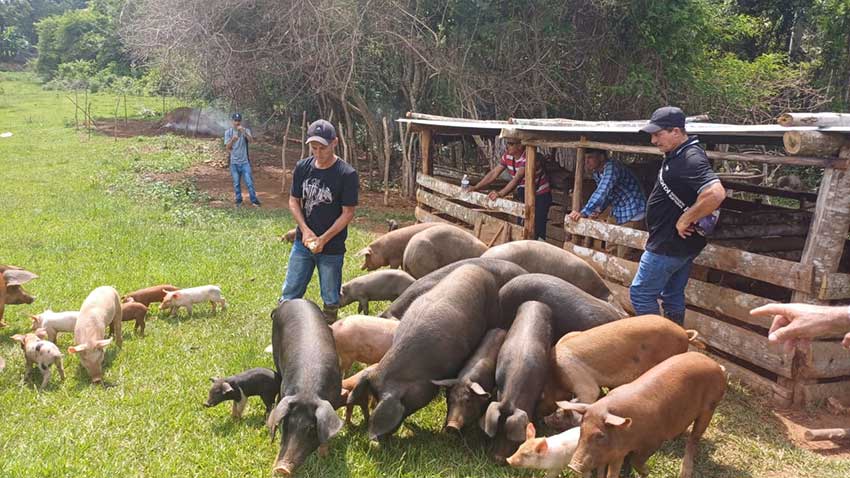
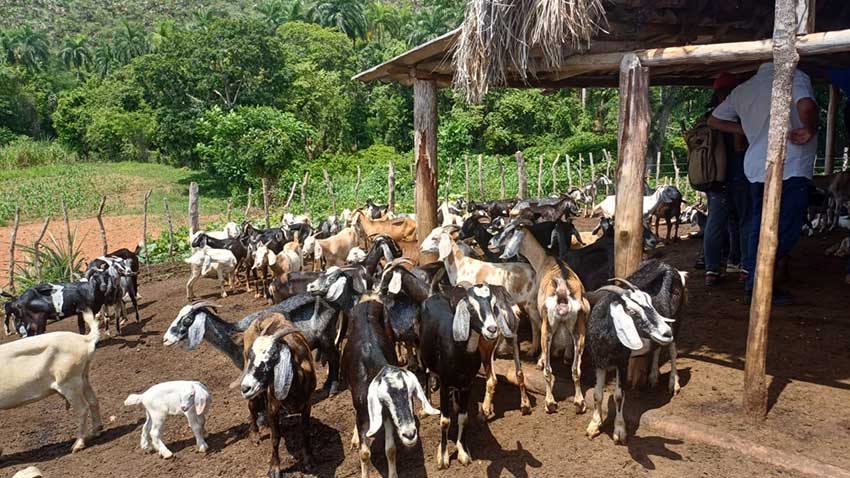
Breeding of creole pigs in a semi-extensive system and goat herd of the Rodríguez family, at La Cebolla Farm, affiliated with CIENPINOS, in the municipality of Cumanayagua. Photos: Ismael Hernández Venereo.
The exchange concluded at Casablanca Farm in Abreus, an agroforestry management model that integrates goat and pig production with forest conservation. This farm also serves as a Field School for students in training and is an active part of CIENPINOS.
During the days in Cienfuegos, participants also learned about alternative medicine for herd care and tasted traditional products such as cream, yogurt, and goat cheese.
Nearly one hundred people — including farming families, authorities, specialists, and technical teams — took part in these exchanges, which not only strengthened technical capacities but also promoted the role of the producers themselves as knowledge multipliers. The experience yielded valuable lessons for strengthening local enterprises and preserving cultural practices associated with sustainable food systems.
More information:
Ismael Hernández Venereo
International Coordinator
CIENPINOS Project
Ismael.hernandez@catie.ac.cr
RWritten by::
Raúl Isidrón Pichs
Journalist and Communicator
Consultor Proyecto CIENPINOS
raul.isidron@73gmail.com

